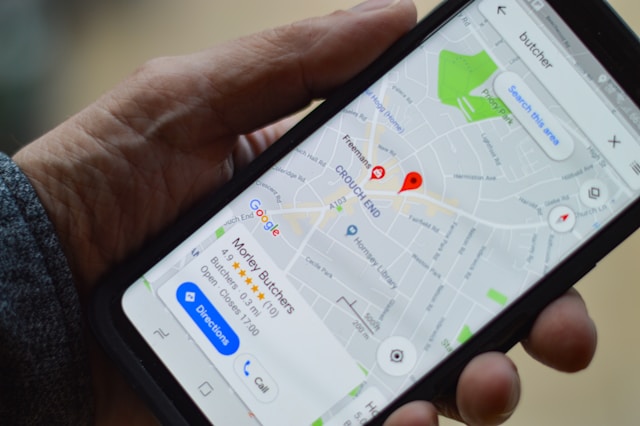In today’s digital age, patients are increasingly turning to the internet to find healthcare providers. If your medical practice website isn’t optimized for local search engines (SEO), you’re missing out on a massive pool of potential patients right in your own backyard. But fear not! Here’s your guide to local SEO optimization, designed to attract new patients and solidify your presence in your local healthcare scene.
Claim Your Territory: Google My Business is King
Consider Google My Business (GMB) your virtual storefront. It’s the first thing patients see in local search results, making it crucial to claim and optimize your listing. Here’s what you need to do:
- Claim and verify your GMB listing: This ensures accuracy and allows you to manage your online presence.
- Fill out all information completely: Include your practice name, address, phone number, website URL, and opening hours. Consistency across platforms is key!
- Optimize your profile: Craft a compelling description highlighting your services and specialties. Add high-quality photos showcasing your practice and staff.
- Encourage patient reviews: Positive reviews build trust and improve your search ranking. Respond to reviews, both positive and negative, in a professional and timely manner.
Location, Location, Location: Keywords that Convert
Keywords are the language search engines use to understand user intent. When it comes to local SEO, you need to target “location-specific” keywords. Think: “[your specialty] + [your city/town].”
- Research relevant keywords: Utilize free tools like Google Keyword Planner or answerthepublic.com to identify keywords with high search volume and low competition.
- Integrate keywords naturally: Include your target keywords throughout your website content, including page titles, meta descriptions, headings, and body text. Don’t overdo it though, focus on natural language flow.
Content is King (and Queen): Localize Your Expertise
High-quality, informative content positions you as a trusted resource for patients. Here’s how to localize your content strategy:
- Create blog posts: Address common health concerns relevant to your local community.
- Develop local landing pages: Craft dedicated pages targeting specific services or conditions you offer, focusing on your geographic area.
- Showcase local expertise: Feature doctor profiles with bios highlighting their qualifications and experience. Include details on their involvement in the community.
Become a Part of the Neighborhood: Build Local Citations
Citations are online mentions of your business name, address, and phone number (NAP) across various directories and websites. The more consistent citations you have, the stronger your local SEO signal.
- Claim listings on local directories: Start with major directories like Yelp, Healthgrades, and WebMD.
- Network with local businesses: Partner with complementary businesses in your area for cross-promotion and citation building.
- Get listed on local event calendars: Promote your participation in community health fairs or workshops to build citations.
Mobile Matters: Make Sure Your Website is Responsive
More and more patients use mobile phones to search for healthcare providers. Ensure your website is mobile-friendly for optimal user experience.
- Responsive design: Your website should automatically adjust to different screen sizes, ensuring a seamless experience on desktops, tablets, and smartphones.
- Fast loading speed: Optimize images and code to ensure your website loads quickly on mobile devices.
- Easy appointment scheduling: Make scheduling appointments online a breeze with a user-friendly mobile interface.
Track Your Progress: Measure Your Success
Local SEO is an ongoing process. Utilize analytics tools like Google Search Console to track your website traffic, monitor your keyword rankings, and identify areas for improvement. This allows you to refine your strategy and optimize your website for continued local SEO success.
By implementing these strategies, you can transform your healthcare website into a powerful local SEO magnet, attracting new patients and establishing your practice as a trusted pillar of your community.








